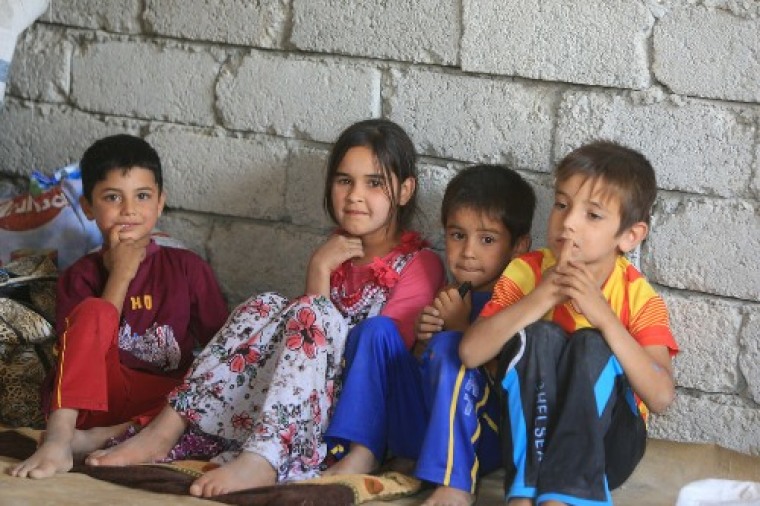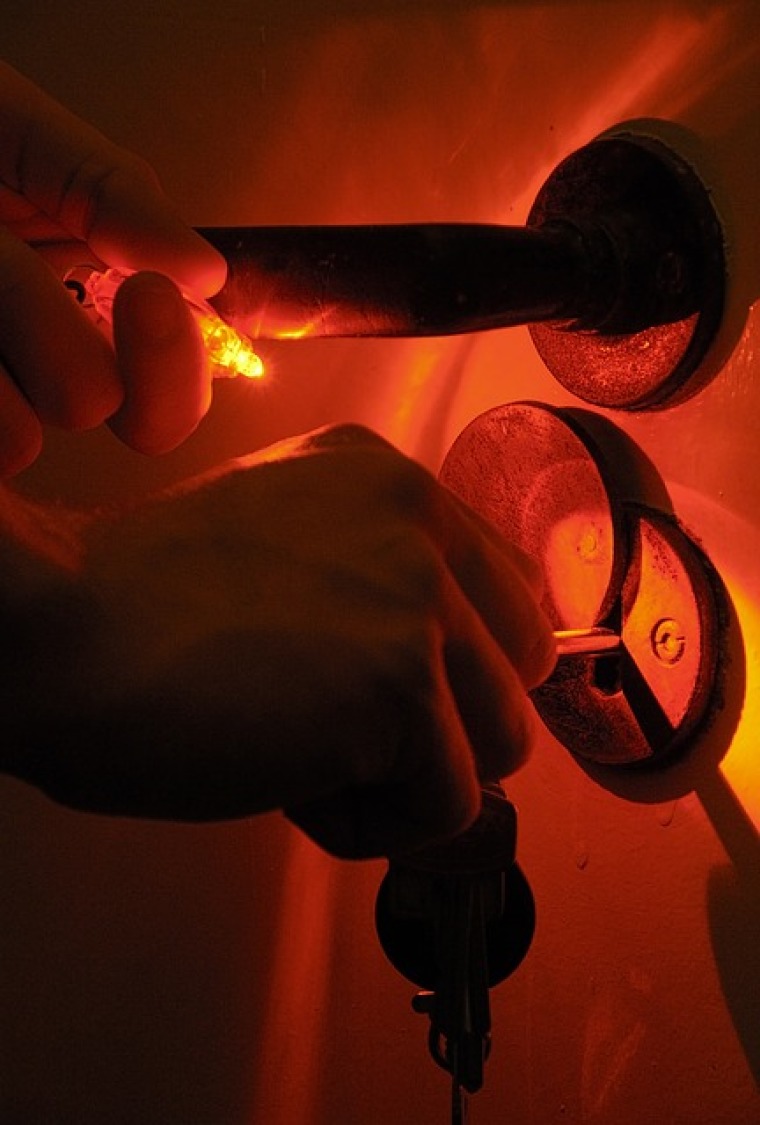

UNICEF has described the year 2014 as a 'devastating' period for children.
Children were said to have lived in fear and anguish due to severe exposure to violence and have been recruited to do things that violate their rights. Consequences that arise from conflicts within several countries make them easy targets.
UNICEF Executive Director Anthony Lake was quoted as saying "This has been a devastating year for millions of children".
Conflicts
Warring factions have caused many children to discover that life is not worth living after all. Instead of introducing new ideas or knowledge that may help in their development as individuals, some of them were forcibly taken and trained to man armed groups.
Several African states, countries in the Middle East, the Ukraine and Pakistan are harbingers of problematic situations for children. Conflicts would leave them homeless, orphaned or stricken with illness; raped or—dead.
Hunger and Homelessness
Children under five years of age in South Sudan, numbering a whooping 235,000 as of last count, are under close watch due to severe to acute malnutrition brought about by the infighting among rival groups.
It was reported that 750,000 children are homeless and 320,000 or more have turned into refugees. Syria has its own share of child refugees summing up to 1.7 million while In Ebola-affected countries children have been orphaned as a result of the outbreak.
Diseases
Aside from hunger, polio and Ebola outbreak play crucial roles in aggravating the misery of the young and innocent citizens of different countries which are experiencing conflicts.
Both Syria and Iraq are recipients of oral polio vaccines.
Liberia, Sierra Leone and Guinea are receiving support through treatment units and community care centres established specifically for Ebola victims.
Data released from different humanitarian organisations revealed that children suffer the most in terms of conflict or outbreak consequences. "Violence and trauma do more than harm the children—they undermine the strength of societies", UNICEF's Lake said.